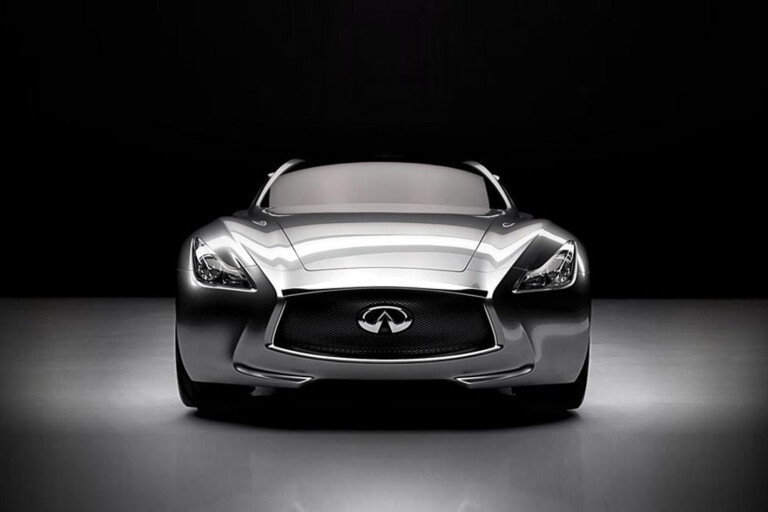
Hindsight is a wonderful thing. And yet I still can't help thinking that Nissan missed an opportunity to disrupt the ancien régime with its launch of Infiniti - it could have been a disruptor in the mould of Tesla - a whole decade ahead of Polestar.
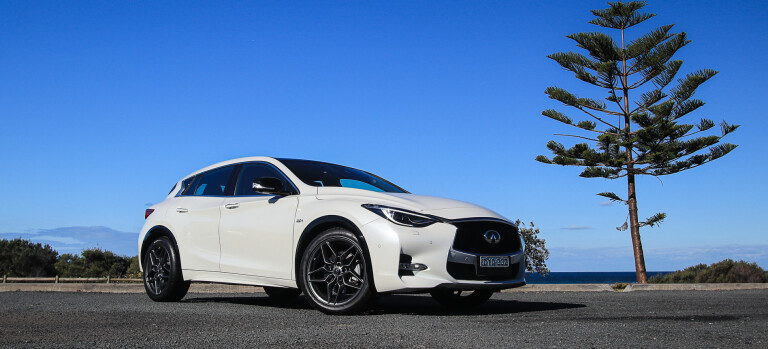
The ingredients were all there. King Carlos Ghosn was in his pomp, reimagining family hatchbacks with the innovative Qashqai crossover - an SUV lite for the masses - and launching the world's first mass-market electric car with the Leaf. Nissan could do no wrong a decade ago, before civil war broke out.
That same technology, and vision, was sorely lacking in the decision to bring Infiniti to market. Of all the sectors to challenge, the premium marketplace in 2009 was (and remains in 2019) virtually locked-out by the luxury hegemony of Audi, BMW and Mercedes-Benz, with just enough space for smaller rivals such as Jaguar Land Rover and Lexus.
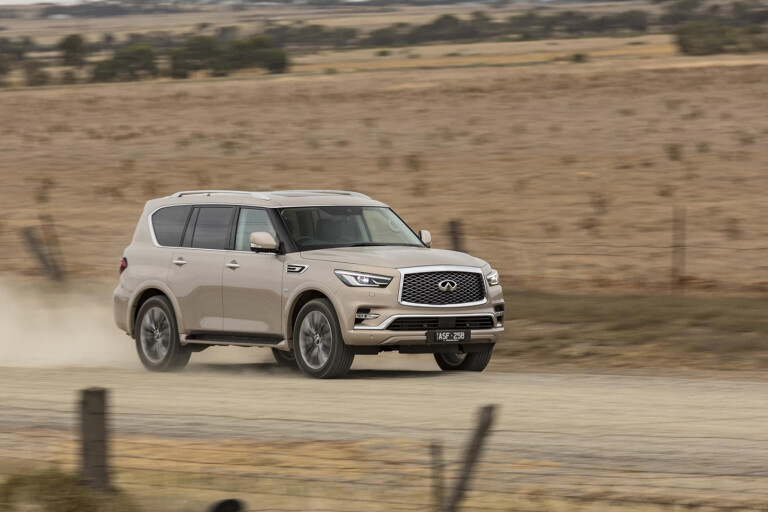
But was there room for a sixth player? History has judged not, Infiniti's quirky, leftfield executive saloons, crossovers and coupes proving a niche too far. The brand itself is now all but gone from Australia, and shrinking across Europe as well. “It just wasn't sustainable,” an exasperated Infiniti official told me yesterday.
Infiniti: imagine if it was an electric pioneer to challenge Tesla
Rewind to 2009. Imagine for a moment if Ghosn's judgment had been as insightful as usual. If Infiniti had been repurposed as a standalone electric brand, the story could have been quite different. The Leaf platform could have begat some right-sized smaller all-electric smaller hatches, saloons and SUVs to make real inroads into the fledgling EV marketplace.
More
- Infiniti withdraws from Europe
- Depreciation heroes - deals on almost-new 2019 cars
- All of WhichCar's Infiniti reviews
Where the Mk1 Leaf was frumpy and sensible, electric Infinitis could have provided some sizzle. A decade ago, the market wasn't ready for mass EV adoption, but Infiniti should have disregarded its US-focused large-capacity petrol engines, skipped diesel altogether and pursued a hybrid/EV powertrain strategy to garner real brand differentiation.
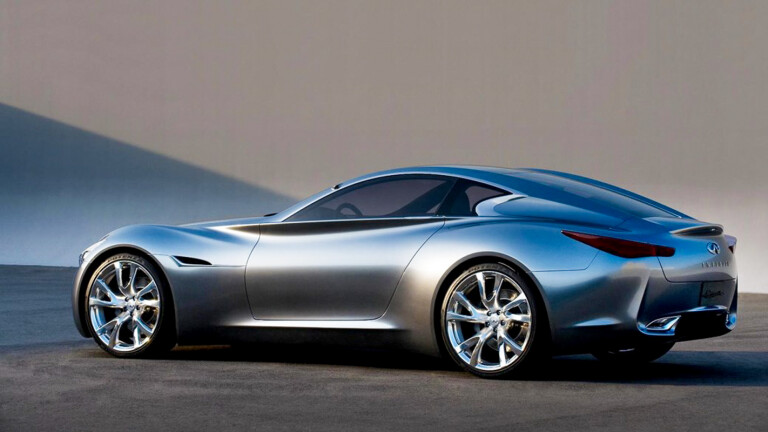
At the 2009 Geneva motor show a decade ago, it wowed us with the Infiniti Essence concept car (above), a 600bhp petrol-electric hybrid wonder-coupe which had us cooing over its svelte, think-different style and progressive take on modern luxury.
It could have outmanoeuvred all the German/British competition if the endless conveyor belt of clever concepts had made the leap from catwalk to showroom - and done a sportier take on Lexus, who had purposefully shunned diesel and focused on e-powertrains with a luxury bent.
Sadly, Infiniti didn't take the brave choice, preferring to launch with American-centric, high-CO2 3.7-litre V6s, wilfully oddball crossovers and a confused naming strategy that meant the brand never really got cut-through. The G37 range below was fun in a brawny, big-capacity 350Z kinda way, but that was going against the zeitgeist, wasn't it?
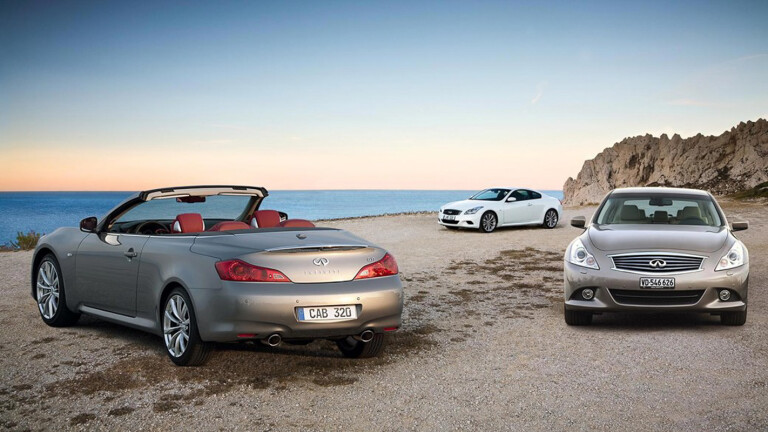
CEO Ghosn admitted to me at launch that brand awareness was Infiniti's biggest problem. It was why they moved into expensive F1 sponsorship, but the fact that the BBC headlined its story 'Nissan cuts two models from UK plant' says all you need to know about the public's interest in the Japanese premium wannabe.
And yet it could have been so different. A Japanese Tesla? Beating Polestar to market by a decade with a range of cool, progressive, electrified cars. Now that could have been a different story...
This article originally appeared at carmagazine.co.uk
COMMENTS